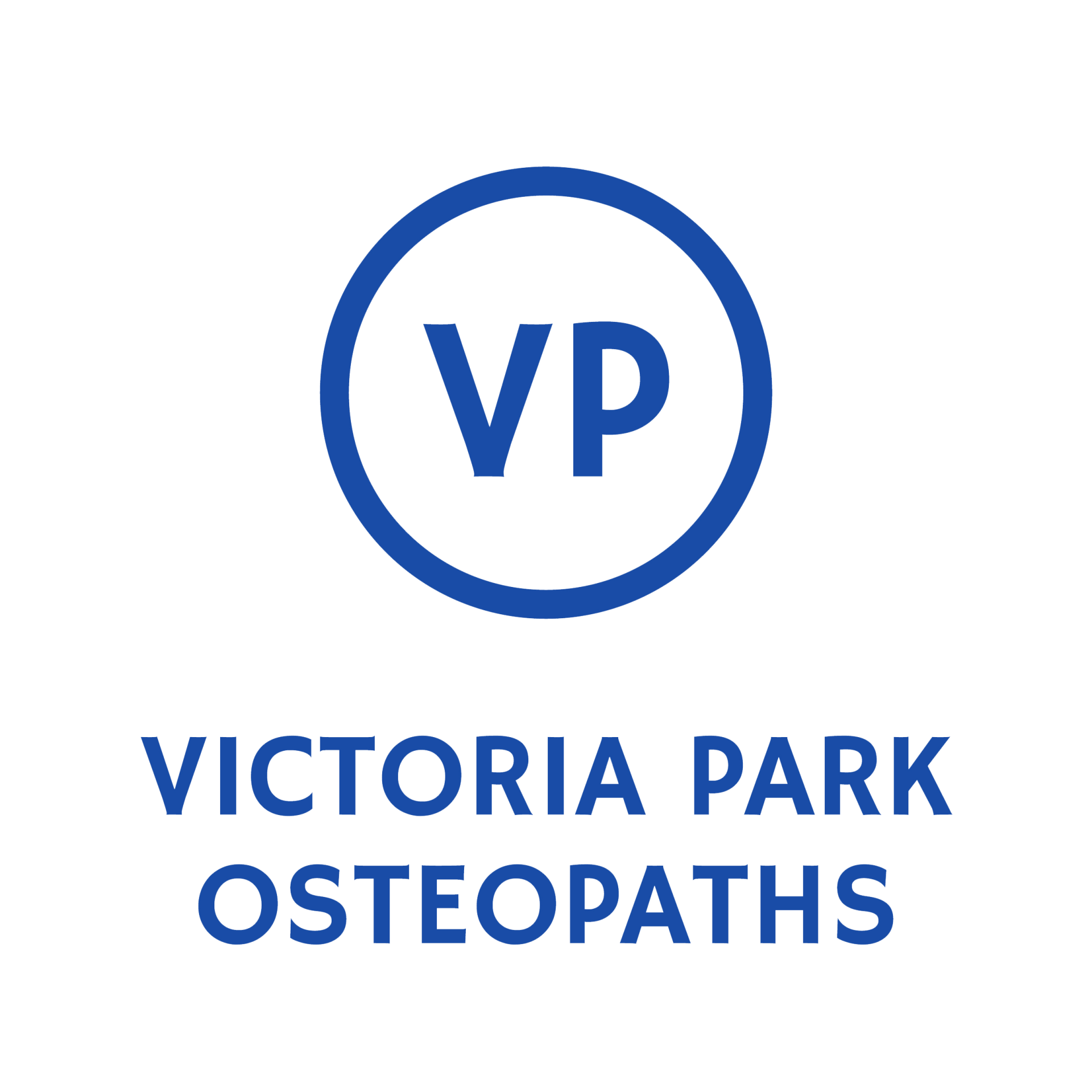What is Tension-Type Headache?
Tension-type headache is the most common form of headache and is primarily caused by muscle tension, postural strain, or stress-related tightening of the muscles in the neck, scalp, and shoulders. Unlike migraines, these headaches are usually not throbbing or one-sided and don’t typically cause nausea or visual disturbance.
They can be
episodic (occasional) or
chronic (frequent or ongoing), and are often linked to prolonged desk work, jaw tension, or stress.
Symptoms & What You May Experience
Common features include:
- A dull, aching, or pressing pain across the forehead, temples, or back of the head
- A “tight band” or pressure-like sensation around the head
- Neck or shoulder stiffness
- Tenderness in the scalp or upper back
- Pain that builds gradually rather than suddenly
- Worsening after long periods of sitting, driving, or screen use
- No major nausea, flashing lights, or neurological changes
These headaches can last from
30 minutes to several days and may come and go.
What causes Tension-Type Headache?
Likely contributing factors:
- Muscle tension in the neck, jaw, and upper back
- Poor posture at work, during driving, using phones/laptops
- Stress or anxiety leading to neck and scalp tightening
- Sleep disturbance or teeth clenching
- Eye strain or prolonged concentration
- Reduced movement or inactivity
- Postural compensation from spinal stiffness
How We Help (At Victoria Park Osteopaths)
Treatment focuses on reducing muscular tension, improving mobility, and addressing contributing postural and stress patterns:
- Soft tissue release for neck, shoulders, jaw, and scalp muscles
- Joint mobilisation of the neck, upper back, and ribs
- Posture assessment and correction strategies
- Stretching and mobility exercises to reduce tension
- Breathing and relaxation techniques
- Guidance on desk ergonomics, sleep position, or movement breaks
- Jaw and TMJ treatment if clenching or grinding is involved
Treatment is gentle, tailored, and aimed at both relief and prevention.
Recovery Time & What to Expect
- Acute tension headaches may improve after 1–3 sessions
- Recurrent or chronic cases benefit from 4–8 weeks of treatment and rehab
- Postural and lifestyle changes greatly reduce recurrence
- Most people experience
less frequent and less intense flare-ups with support
When to Seek Medical Review / Red Flags
Although tension headaches are usually benign, seek further medical evaluation if you experience:
- Sudden, severe “thunderclap” headache
- Visual changes, dizziness, weakness, or slurred speech
- Headache after trauma or associated with fever
- Neck stiffness with systemic symptoms
- Progressive worsening over time
- New headaches after age 50


